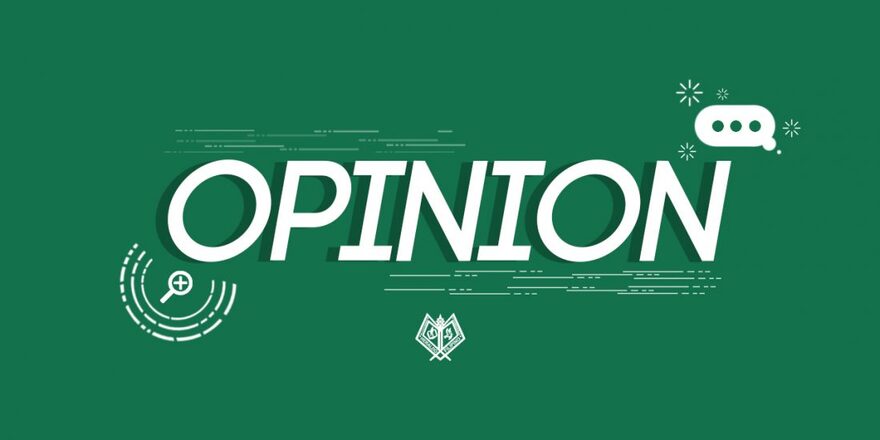‘Republic of China’
On the early morning of November 20, on live telecast in front of millions of Filipinos, President Rodrigo Duterte welcomed Chinese President Xi Jinping—who was walking in front of him with the Chinese flag raised behind them, the Philippine flag nowhere in sight. It was a huge breach of state visit protocols, and a clear indication of submission to a imperialist neighbor country.
In the wake of the historic two-day state visit—the highest a foreign leader can make to another country—of Chinese President Xi Jinping to the Philippines on November 20 to 21, 29 deals involving trade and economic policies have been signed between him and President Duterte, strengthening our ties with one of the most powerful and power-hungry countries in the world. In a surface perspective, economic aids from China such as loans to fund the Build, Build, Build program are an evidences of stronger ties and connections with our neighboring countries, considering how invested this country in cradling through globalization and industrialization. Yet considering China’s past circumstances with third-world countries such as the Philippines, these foreign aids and agreements are glaring traps of economic submissions that will only harm our sovereignty and national identity—with the West Philippine Sea conundrum only being the icing on an already rotting cake.
Looking back, this isn’t the first time that China has lent financial aid to the Philippine government. President Duterte’s visit to Beijing back in 2016 brought our country $6B in foreign aid and $3B in loans to finance the “Build, Build, Build” program. That visit led the country to a skyrocketing $9B loan already setting the path to government’s soft stance when it comes to the imperial country.
The infamous Belt and Road Initiative (BRI) from the Chinese government—a plan wherein China aims to build infrastructure projects across 68 countries in Asia-Pacific, Africa, Middle East, and Europe—utilized as a “debt-trap diplomacy” wherein poorer countries such as Djibouti, Kenya, Maldives, Turkmenistan, and Venezuela were in the clutches of the loan fist of China. In inevitable cases of incapacity to pay, these countries are bound to give China access to their natural resources and at its very core, their sovereignty as a nation.
When transparency is no longer a priority of the government, it is our duty to demand and assert our rights.
The Philippines and its friendly relations with China comes from a long line of tolerance, from being subtle to being outright in the past few months. Budget Secretary Ben Diokno admitted this past June that he doesn’t care if the projects under Build, Build, Build will prompt to hire workers from other countries, as long as the projects will be executed. Meanwhile, earlier this February, former Presidential Malacañang Spokesperson Harry Roque said that we might one day “thank” China for their claims of the West Philippine Sea. With current Presidential Spokesperson Salvador Panelo going on to say that the Philippines’ win to have sovereign rights of the West Philippine Sea from a United Nations (UN) Arbitral Tribunal in 2016 was “useless,” the laws we celebrated in the beginning are becoming farther and farther to actualization today.
According to experts, such as Gregory Poling from the Asia Maritime Transparency Initiative, the state visit had simply been for aesthetic, a way for the two countries to show their camaraderie and partnership to the public, but it should be taken into account that China is no ordinary country with an ordinary leader, and these “friendly” loans are a double-edged sword that will only cause severe harms to the country. Whether or not we succumb to China’s form of neo-colonialism, these 29 deals will ultimately make the Philippines indebted to China in more ways than one.
The worst part is how, once again, Filipinos are being swept under the rug while two powerful world leaders are compromising themselves and their people to each other. When transparency is no longer a priority of the government, it is our duty to demand and assert our rights for the sake of salvaging this country from imperialist and macho-fascist decisions of our leaders. With China in line for global domination, our country is at stake—as there are threat looming in both our seas and land.




